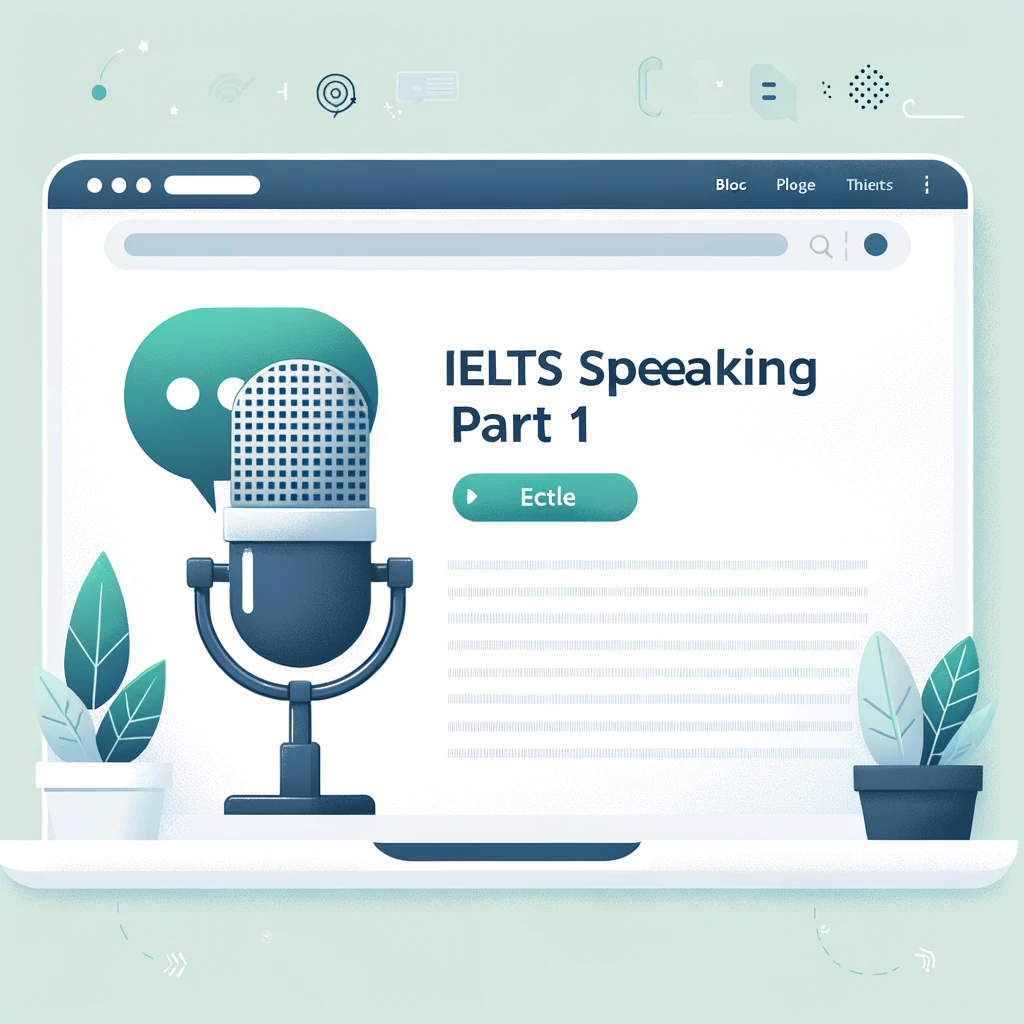Part 2
A challenging situation I faced was during my final year at university when I was balancing my thesis project with a part-time job and preparing for an important certification exam. This period was exceptionally demanding because each of these responsibilities required significant time, energy, and focus. The pressure to excel in my thesis, perform well at my job, and pass the certification exam created a perfect storm of stress and exhaustion.
This situation was challenging for several reasons. Firstly, the academic workload for my thesis was intense. I had to conduct extensive research, analyze data, and compile my findings into a comprehensive report, all while adhering to strict deadlines. Secondly, my part-time job was essential for supporting myself financially, and it came with its own set of responsibilities and expectations. Lastly, the certification exam was crucial for my future career prospects, requiring months of dedicated study and preparation.
To manage this challenging situation, I developed a detailed schedule to prioritize my tasks and allocate specific times for each responsibility. I broke down my thesis work into smaller, manageable tasks and set weekly goals to stay on track. At work, I communicated with my employer about my academic commitments and requested flexible hours where possible. For the certification exam, I created a study plan that allowed me to review key concepts and practice regularly.
The outcome of this period was ultimately positive. I successfully completed my thesis on time, earning high marks and receiving commendation from my professors. At work, I maintained my performance and even received praise for my dedication and time management. Most importantly, I passed the certification exam with flying colors, which significantly boosted my confidence and career prospects.
Reflecting on this experience, I feel a deep sense of accomplishment and resilience. It was a period of intense pressure, but it taught me valuable lessons about time management, prioritization, and the importance of perseverance. This challenging situation pushed me to my limits and proved to me that I can handle multiple demanding tasks simultaneously with the right approach and mindset.
Part 3
1. What are common challenges people face in daily life?
Common challenges people face in daily life include managing time effectively, balancing work and personal responsibilities, dealing with financial pressures, and maintaining healthy relationships. Additionally, many people struggle with stress, health issues, and unexpected problems such as car breakdowns or sudden emergencies. Navigating these everyday challenges requires resilience, adaptability, and effective problem-solving skills.
2. How do people typically cope with difficult situations?
People cope with difficult situations in various ways. Some rely on problem-solving strategies, breaking down the issue into manageable steps and seeking practical solutions. Others seek emotional support from family, friends, or professional counselors. Stress-relief techniques such as exercise, meditation, and hobbies can also help. Maintaining a positive outlook and focusing on the aspects of the situation that are within one’s control are common coping mechanisms as well.
3. Do you think facing challenges is important for personal growth? Why?
Yes, facing challenges is crucial for personal growth. Challenges push individuals out of their comfort zones, encouraging them to develop new skills and perspectives. Overcoming obstacles builds resilience, self-confidence, and problem-solving abilities. It also provides valuable life lessons and experiences that shape one’s character and drive future success. Through facing and overcoming difficulties, people learn more about their strengths and weaknesses, leading to continuous personal development.
4. What role do support systems play in overcoming challenges?
Support systems play a vital role in overcoming challenges. They provide emotional support, practical advice, and encouragement, helping individuals feel less isolated and more capable of handling difficulties. Family, friends, mentors, and professional networks can offer different perspectives and resources that are essential for problem-solving. A strong support system can boost morale, reduce stress, and improve overall well-being, making it easier to navigate and overcome challenging situations.
5. How can schools and workplaces better support individuals facing challenges?
Schools and workplaces can support individuals facing challenges by fostering an environment of understanding and flexibility. Providing access to counseling and mental health resources, offering flexible schedules, and creating support groups can help individuals manage stress and responsibilities. Additionally, promoting open communication, providing professional development opportunities, and encouraging a healthy work-life balance are essential. Recognizing and accommodating individual needs and circumstances can significantly enhance an individual’s ability to cope with challenges.
6. Are there any cultural differences in how people deal with challenges?
Yes, there are cultural differences in how people deal with challenges. In some cultures, individuals may rely heavily on family and community support, while in others, self-reliance and independence are emphasized. Cultural attitudes towards mental health, stress, and seeking help can vary widely, influencing how people cope with difficulties. Additionally, some cultures may prioritize collective well-being and communal problem-solving, while others focus on individual achievement and resilience. Understanding these cultural nuances is important for providing effective support and fostering empathy across diverse groups.

